Advertisement
Technology is changing how people approach the stock market. What once relied entirely on instinct, charts, and long hours of research now includes real-time algorithms, pattern recognition, and predictive tools powered by artificial intelligence. While no tool can guarantee outcomes, AI trading software helps reduce the guesswork. Here’s a look at some of the most talked-about AI-based stock trading platforms in 2025.
Trade Ideas have consistently been popular among traders looking for real-time data paired with AI-backed decision-making. Its AI engine "Holly" scans hundreds of stocks daily, studying historical patterns and running simulations before the market even opens. What makes Trade Ideas distinct is that it doesn't just track stocks—it makes suggestions backed by probabilities and entry/exit points. This isn't just a data dump; it's filtered insight.

TrendSpider leans into automation for technical analysis. Instead of drawing support and resistance lines by hand, it uses AI to map them across multiple timeframes. Users can backtest strategies and create custom alerts. The interface is geared toward those who enjoy technical analysis but don't want to spend hours updating charts or calculating probabilities. It's designed to cut down on manual work without taking away control.
Tickeron blends AI with community-driven input. Traders can follow predictions based on specific patterns like “head and shoulders” or “double bottoms.” What’s more, Tickeron provides a statistical breakdown of how often these patterns hit their target. If you like having odds next to your trades and prefer signals backed by historical data, Tickeron is worth looking into.
Kavout takes a unique angle with its Kai Score—a number generated by analyzing thousands of stocks and news sources, earnings reports, and technical factors. This score helps prioritize what stocks are worth further attention. The platform works well for both short-term and long-term investors who want a fast summary of where value might be hiding.
Zignaly offers an AI-connected social trading environment where users can copy the moves of experienced traders. Unlike platforms where you’re left to interpret suggestions, Zignaly automates the process. If you connect with a trader or AI bot that matches your risk level, the platform can execute trades on your behalf. It's suited for those who want to be in the market but prefer a hands-off approach.
EquBot merges financial theory with IBM's Watson to produce AI-powered ETFs and stock suggestions. It ingests global news, earnings calls, and SEC filings to understand how external events could influence stock performance. Its edge comes from scale—analyzing information that a human trader simply couldn't keep up with. It's most often used by institutions but has tools available for retail investors, too.
FinBrain offers deep-learning models that process financial news, technical indicators, and market sentiment. One interesting part of the platform is its forecast visuals—it gives a probability cloud of potential stock movement, allowing users to see more than just a yes/no answer. This makes it useful for people who want to make data-informed decisions while still applying their own judgment.
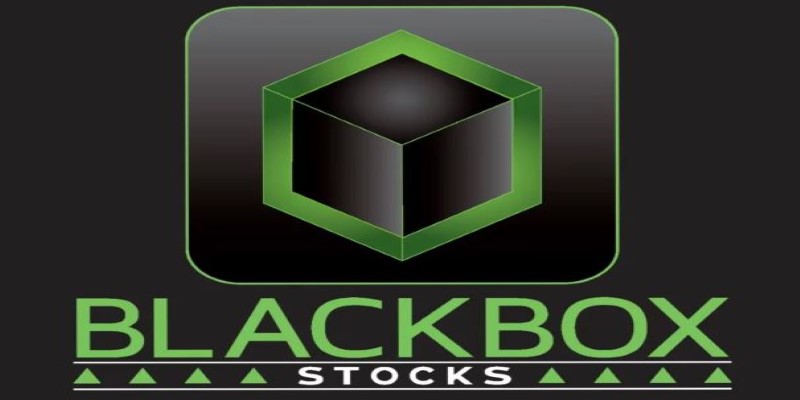
BlackBoxStocks focuses on transparency, with real-time alerts based on AI-generated scans. It’s designed for active traders who need constant updates throughout the day. The software includes a live community where users can discuss alerts and ideas. While some platforms give signals with no explanation, BlackBox pairs alerts with clear context—why a stock is spiking, what triggered the alert, and what might happen next.
Upstox Pro+ AI is one of the newer names gaining attention in 2025, especially among traders in Asia and the Middle East. It integrates traditional charting tools with AI-based insights that adapt based on user behavior and market shifts. The software doesn’t just react to market changes—it learns from your trading patterns over time. Its smart suggestion feature helps identify setups aligned with your preferred strategies, making the experience more personal and intuitive.
Trade Ideas stands out because it blends AI-powered analysis with hands-on control. Once you're logged in, the first thing to do is adjust your workspace. If you're focused on momentum trades, keep the layout simple by highlighting the "Top Lists" and "Alert Windows." These updates in real time and surface opportunities are based on the criteria you set. Narrow it down—filter by volume, float size, or price range—so you're only seeing trades that match your risk preference.
After setting up your screens, it's time to test your ideas before putting real money on the line. The “OddsMaker” feature allows you to run a simulation using past data. For instance, if you're watching stocks that gap up pre-market, OddsMaker will show how that setup would have played out over hundreds of trades. It lays out the numbers clearly—win rates, average returns, drawdowns—so you can see how reliable the setup is and adjust if needed.
This approach saves time and helps prevent emotional decisions. Instead of reacting to every spike or dip, you're working with data-backed scenarios. By narrowing the focus, customizing alerts, and testing strategies in advance, you're putting yourself in a better position to trade with clarity.
AI is reshaping stock trading. What used to require hours of scanning and manual calculations can now be assisted by software that processes data faster and more accurately than any person could. Whether you're a day trader watching minute-by-minute moves or someone who checks the market once a week, there’s likely a tool that fits how you like to operate.
From hands-on platforms like TrendSpider and FinBrain to passive options like Zignaly and EquBot, each software brings something different to the table. But if you want a platform that blends tested strategies with real-time feedback, Trade Ideas offers a solid balance. Just remember: these tools help improve decision-making—they don’t replace it. The insight is there, but how you use it is what really makes the difference.
Advertisement

Learn here key security challenges and practical solutions for protecting AI and edge computing systems from cyber threats
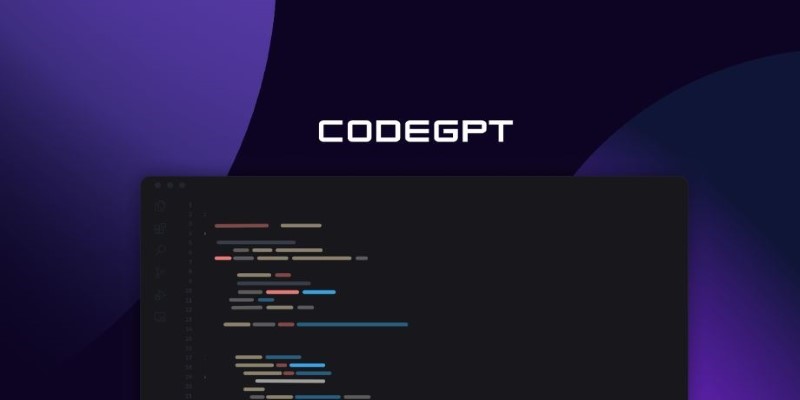
Curious about CodeGPT? Learn what CodeGPT is, how it works, and whether it can really write code that runs. Simple guide for beginners and curious minds
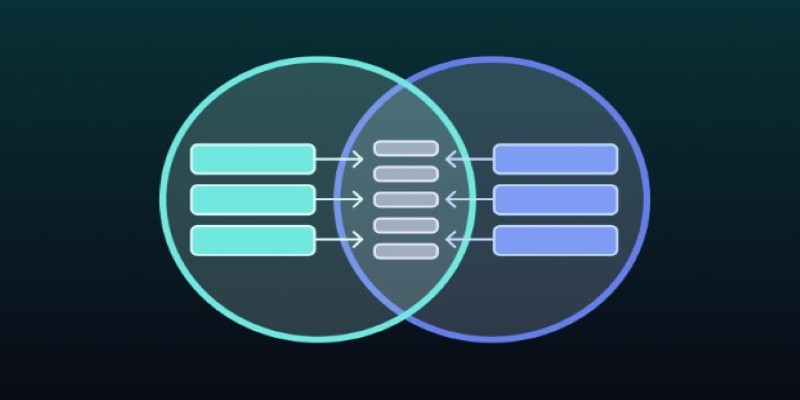
Need to merge tables in SQL but not sure which method fits best? This guide breaks down 11 practical ways to combine tables, making it easier to get the exact results you need without any confusion
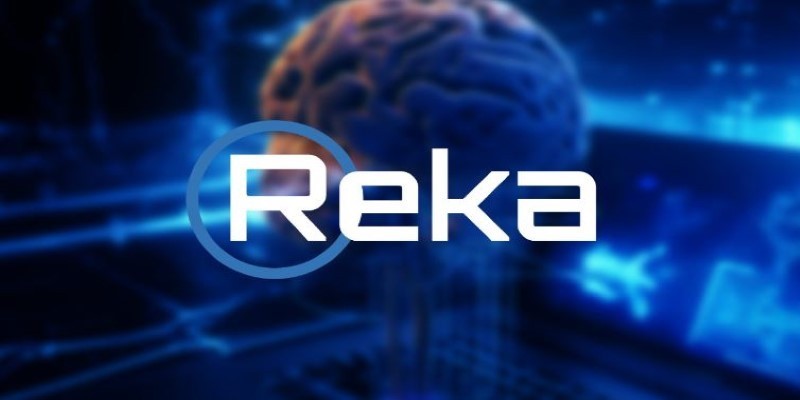
Ever wished you could get text, images, and videos all at once? REKA CORE makes it happen by bringing everything into one seamless response for easy access to multimedia content
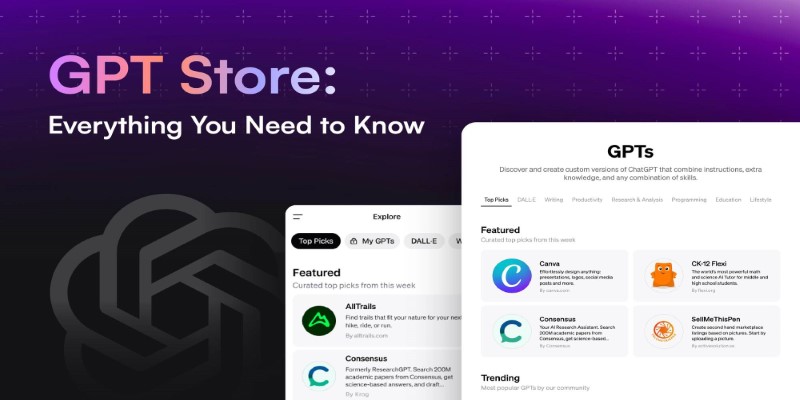
Looking to explore custom chatbots tailored to your needs? Discover how to access and use OpenAI's GPT Store to enhance your ChatGPT experience with specialized GPTs.

Curious about AdaHessian and how it compares to Adam? Discover how this second-order optimizer can improve deep learning performance with better generalization and stability

Empower sales teams with AI-driven automation, data insights, and personalized strategies to boost staff performance and results

Ever wondered how to turn a simple text prompt into a beautiful image? Learn how Imagen 2 by Google DeepMind can help you create stunning visuals in just a few steps

Wondering how people actually get good at working with large language models? Start with these seven straightforward steps that show you what matters and what doesn’t
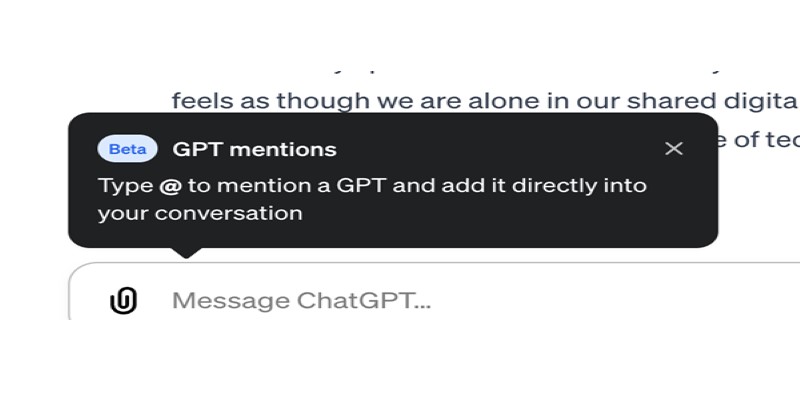
Curious about how to bring custom GPTs into your ChatGPT conversations with just a mention? Learn how GPT Mentions work and how you can easily include custom GPTs in any chat for smoother interactions
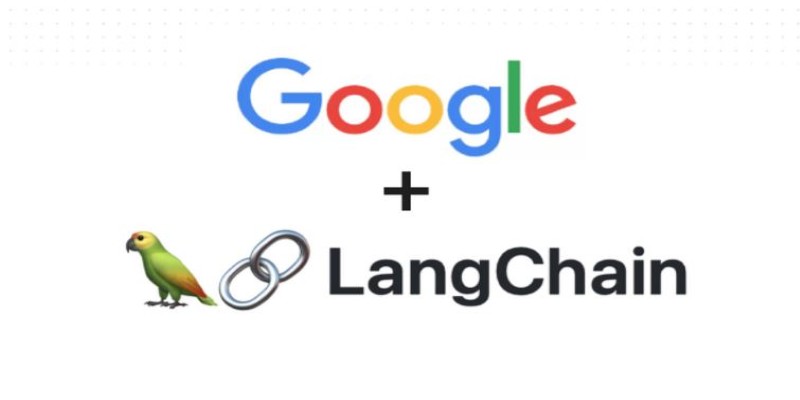
Tired of endless searching and clicking? See how LangChain and Google Search API can automate web research and deliver real results without the hassle
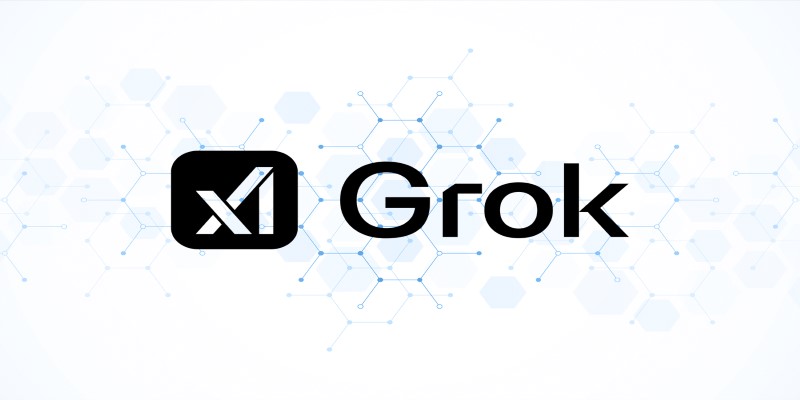
Heard about Grok but not sure what it does or why it’s different? Find out how much it costs, who can use it, and whether this edgy AI chatbot is the right fit for you